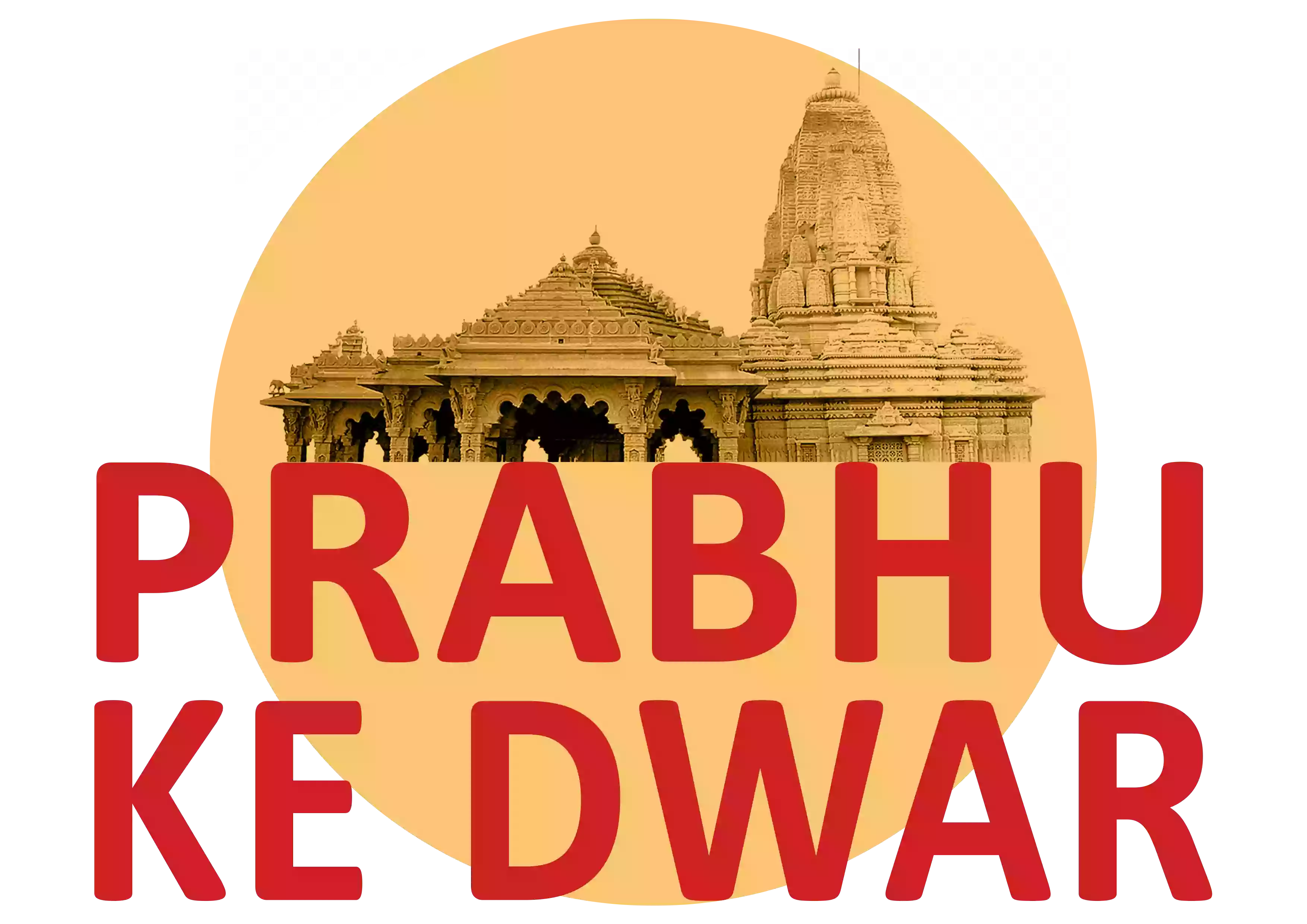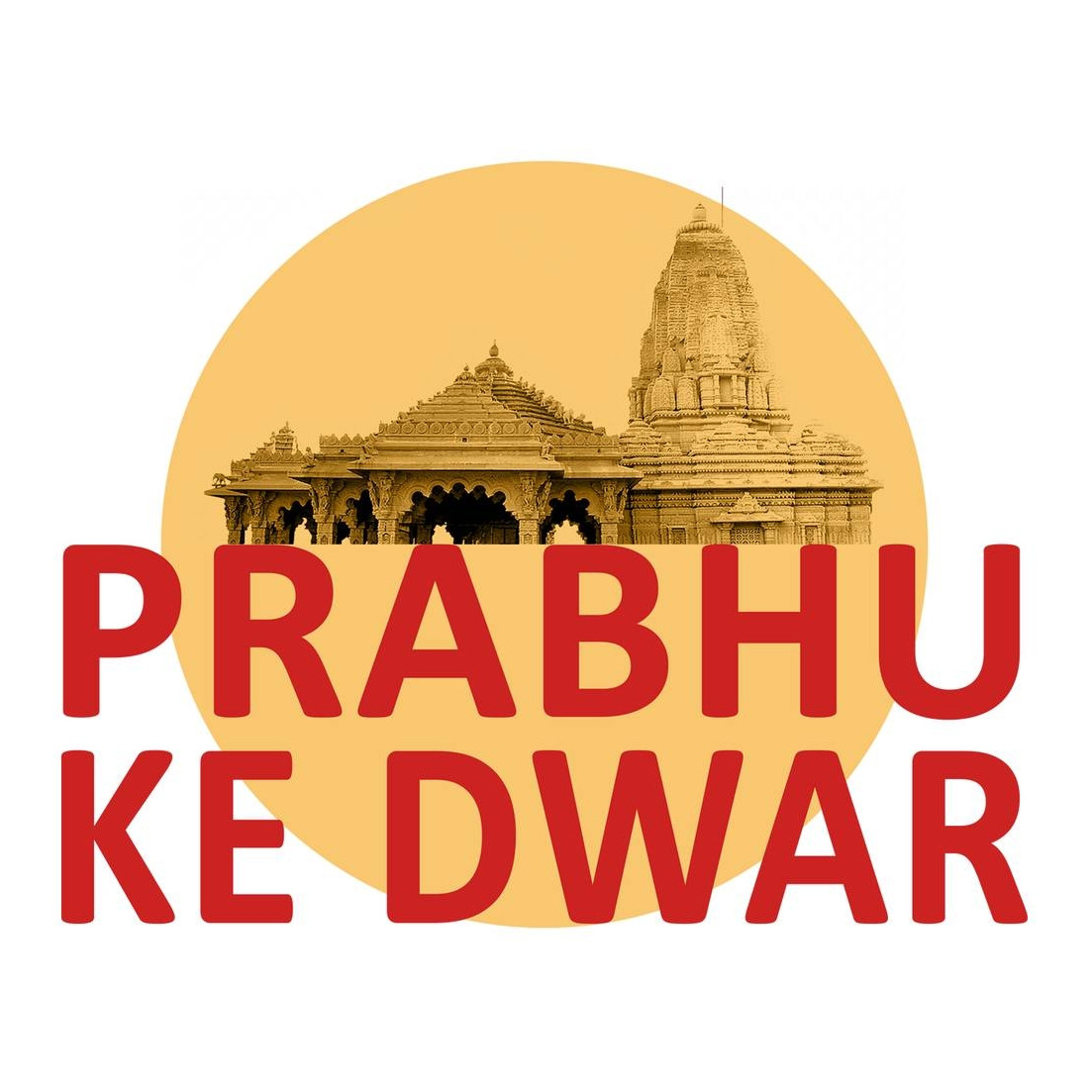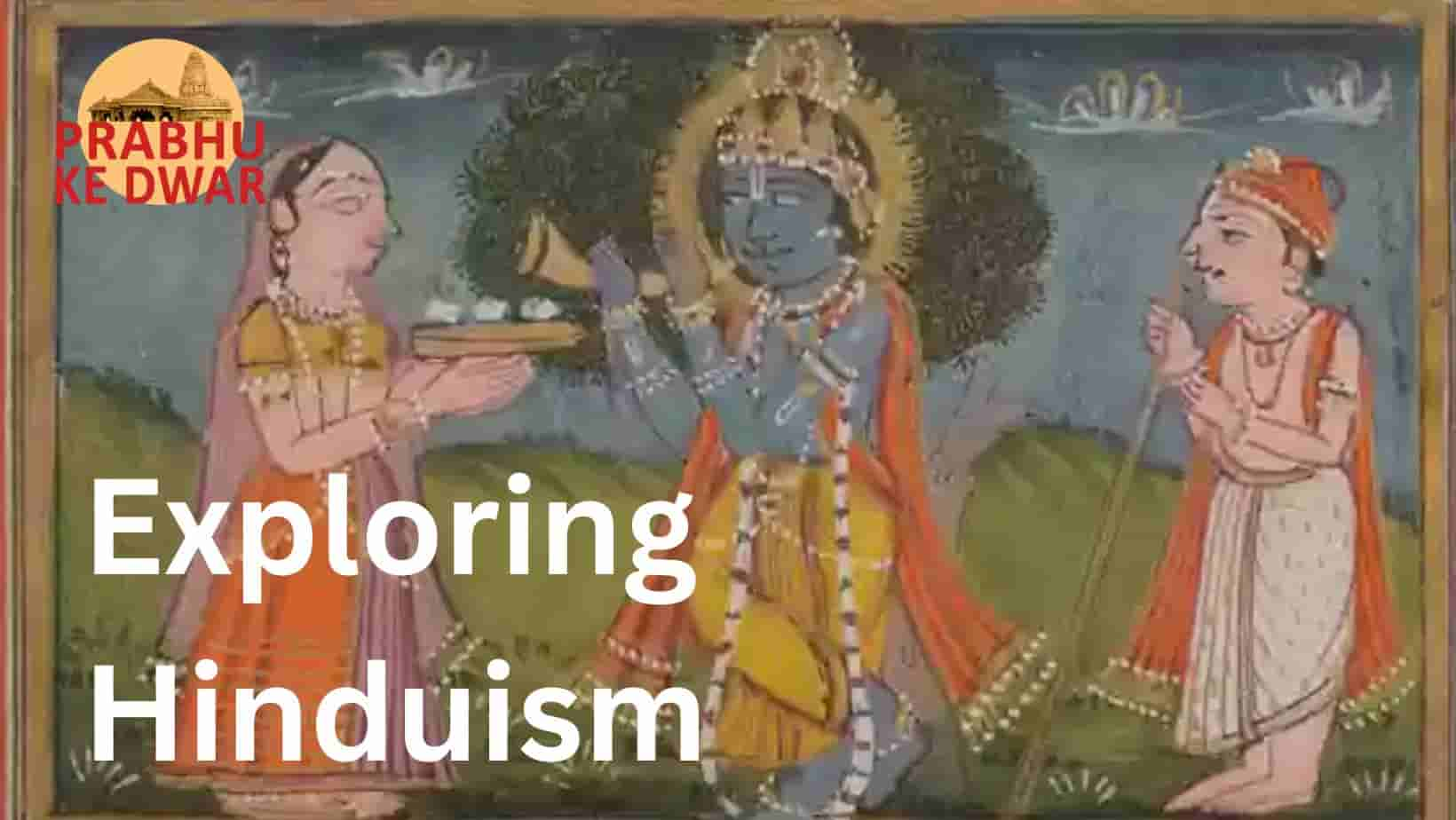Hinduism, one of the oldest and most diverse religions in the world, is deeply rooted in history, culture, and spirituality. With over a billion followers, primarily in India and Nepal, Hinduism offers a complex yet fascinating blend of philosophies, beliefs, and practices. This guide delves into the core tenets of Hinduism, shedding light on its gods, rituals, and the spiritual framework that continues to guide millions worldwide.
Table of contents [Show]
What is Hinduism?
Hinduism, often referred to as Sanatana Dharma (eternal order), is more than just a religion; it’s a way of life. Originating over 4,000 years ago in the Indian subcontinent, it is a synthesis of various cultural and spiritual traditions. Unlike many religions, Hinduism has no single founder or central scripture, making it unique in its inclusivity and adaptability.
Key Features of Hinduism
No Single Founder: Evolved through centuries of cultural exchange and philosophical development.
Scriptural Diversity: Texts include the Vedas, Upanishads, Mahabharata, Ramayana, and the Bhagavad Gita.
Diverse Practices: Encompasses a variety of rituals, festivals, and spiritual disciplines.
Tolerance and Pluralism: Encourages respect for all forms of belief and worship.
Core Beliefs of Hinduism
Hinduism’s teachings revolve around profound philosophical concepts and spiritual goals. The foundational beliefs include:
1. Dharma (Duty)
Dharma refers to the ethical and moral duties one must follow based on their role in society. It promotes harmony and righteousness in personal and communal life.
2. Karma (Action and Consequences)
The principle of karma emphasizes that every action has consequences. Good deeds lead to positive outcomes, while negative actions result in suffering.
3. Samsara (Cycle of Rebirth)
Samsara represents the cycle of birth, death, and rebirth. The ultimate goal is to break free from this cycle and attain liberation (moksha).
4. Moksha (Liberation)
Moksha is the release from the cycle of samsara, achieved through self-realization, devotion, and ethical living. It is the ultimate spiritual goal in Hinduism.
5. Belief in Brahman
Hindus believe in Brahman, the supreme universal spirit that manifests in various forms. This belief forms the basis of Hindu theology.
Source: Hindu American Foundation
Hindu Gods and Deities
Hinduism is known for its vast pantheon of gods and goddesses, each symbolizing different aspects of the divine. While millions of deities are worshipped, three primary ones dominate:
1. Brahma: The Creator
Brahma is revered as the creator of the universe. Though less commonly worshipped today, he holds a pivotal role in Hindu cosmology.
2. Vishnu: The Preserver
Vishnu sustains and preserves the universe. He is worshipped in various incarnations, including Rama and Krishna, who are central to Hindu epics.
3. Shiva: The Destroyer
Shiva, often depicted meditating or dancing (Nataraja), represents transformation and regeneration.
Other Popular Deities
Lakshmi: Goddess of wealth and prosperity.
Saraswati: Goddess of knowledge and arts.
Durga and Kali: Fierce manifestations of the divine feminine.
Ganesh: The elephant-headed god of beginnings and remover of obstacles.
Hindu Rituals and Practices
Rituals play a vital role in Hinduism, connecting individuals to the divine. These practices vary widely across regions and communities but share common elements.
1. Puja (Worship)
Puja involves offering prayers, food, and other items to deities at home or in temples. It’s a way to express devotion and seek blessings.
2. Meditation and Yoga
These practices focus on inner peace and self-realization, aligning the mind, body, and spirit.
3. Festivals
Hindu festivals celebrate various aspects of life and the divine. Major festivals include:
Diwali: Festival of Lights, symbolizing the triumph of good over evil.
Holi: Festival of Colors, marking the arrival of spring.
Navaratri: Nine nights dedicated to the goddess Durga.
4. Sacraments (Samskaras)
These life-cycle rituals, such as naming ceremonies, weddings, and funerals, mark significant milestones.
Hindu Scriptures
Hinduism’s sacred texts are divided into two categories:
1. Shruti (Heard)
Vedas: Rigveda, Samaveda, Yajurveda, Atharvaveda – foundational texts containing hymns and rituals.
Upanishads: Philosophical explorations of spiritual truths.
2. Smriti (Remembered)
Epics: Mahabharata (includes Bhagavad Gita) and Ramayana.
Puranas: Stories of gods, creation, and cosmology.
These texts guide Hindus in their spiritual and moral lives.
Hinduism’s Global Impact
Hinduism has significantly influenced art, architecture, literature, and philosophy worldwide. Its principles of non-violence (ahimsa), meditation, and yoga have gained immense popularity globally, inspiring movements like Transcendental Meditation and influencing notable figures such as Mahatma Gandhi.
Featured FAQs About Hinduism
1. What is the main goal of Hinduism?
The main goal is to achieve moksha, or liberation, from the cycle of rebirth (samsara) through self-realization and spiritual practice.
2. How many gods are there in Hinduism?
Hinduism recognizes millions of gods and goddesses but emphasizes that all represent aspects of the same ultimate reality, Brahman.
3. What are the sacred texts of Hinduism?
The Vedas, Upanishads, Mahabharata, Ramayana, and Bhagavad Gita are the most revered scriptures in Hinduism.
4. What is the significance of karma?
Karma dictates that every action has consequences, influencing one’s future lives and spiritual progression.
5. Why is yoga important in Hinduism?
Yoga is a spiritual discipline that fosters physical and mental well-being while aiding in spiritual growth and self-realization.
Conclusion
Hinduism’s rich tapestry of beliefs, rituals, and philosophies continues to guide millions, offering timeless wisdom and spiritual solace. Its inclusive nature and profound teachings make it not just a religion but a universal guide to harmonious living.
For further exploration, refer to these resources:




